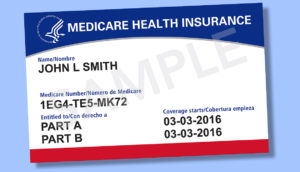If you leave a job or retire, you’re often encouraged to roll over your 401(k) or other workplace retirement account into an individual retirement account. That might not be the right move.
In my latest for the Associated Press, why having more investment choices isn’t necessarily better.
 Today’s top story: A year-end checklist to make the most of retirement age. Also in the news: How the government’s next step to fight inflation could impact savers, myths about iBuyers, and why you shouldn’t spend a dollar to save a nickel on gas.
Today’s top story: A year-end checklist to make the most of retirement age. Also in the news: How the government’s next step to fight inflation could impact savers, myths about iBuyers, and why you shouldn’t spend a dollar to save a nickel on gas.  Today’s top story: The surprising change in airfares since last year. Also in the news: Smart Money Podcast on holiday shopping report and retirement plan options for self-employed people, and Fitbit Black Friday 2021 deals.
Today’s top story: The surprising change in airfares since last year. Also in the news: Smart Money Podcast on holiday shopping report and retirement plan options for self-employed people, and Fitbit Black Friday 2021 deals. Today’s top story: 3 Signs you’re ready to retire. Also in the news: 2022 Tax bracket, and buying budget tech.
Today’s top story: 3 Signs you’re ready to retire. Also in the news: 2022 Tax bracket, and buying budget tech. Today’s top story: 7 ways to manage Medicare drug costs. Also in the news: Prep for hiring your first employee with these 6 steps, how to have a retirement worth saving for, and how to buy and sell a house at the same time.
Today’s top story: 7 ways to manage Medicare drug costs. Also in the news: Prep for hiring your first employee with these 6 steps, how to have a retirement worth saving for, and how to buy and sell a house at the same time.